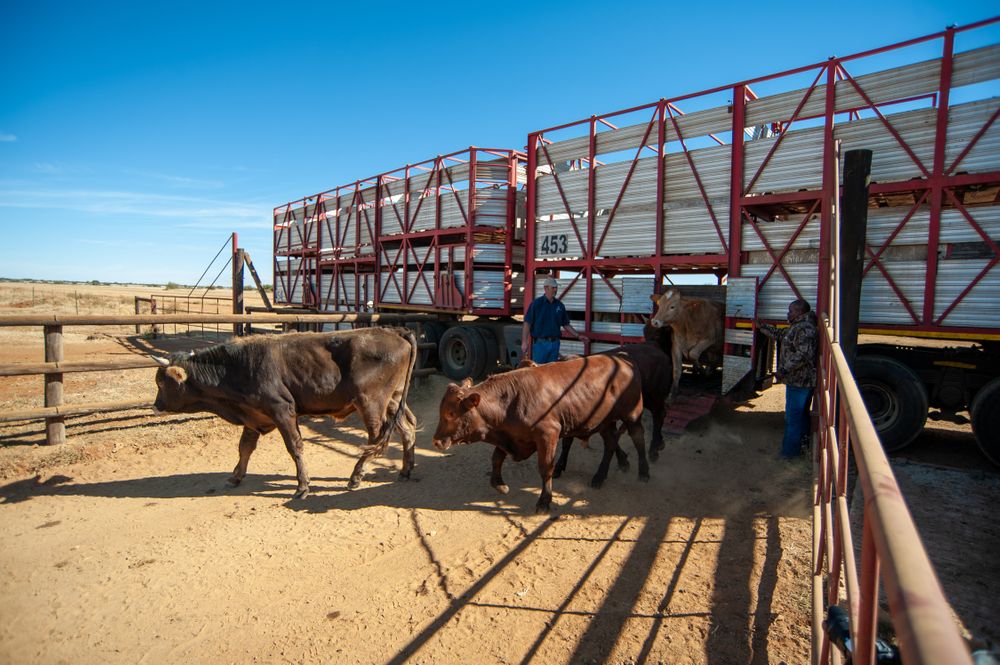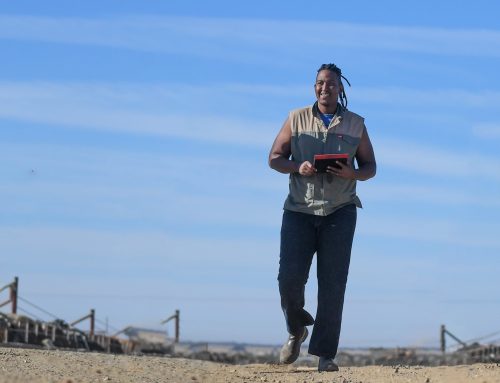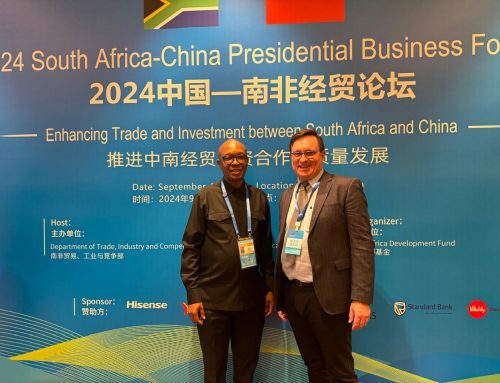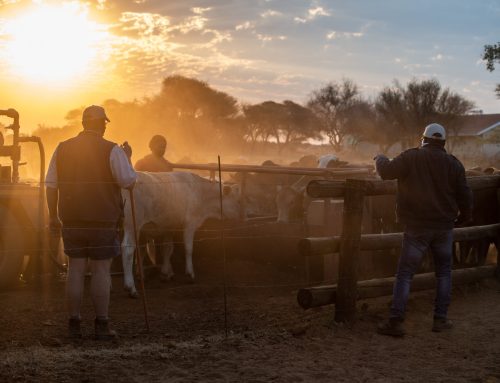Beefmaster calls for industry collaboration and commitment amidst FMD outbreak
South Africa’s livestock industry must focus on the implementation of proper traceability structures and biosecurity measures to contain the spread of localised Foot and Mouth Disease (FMD) outbreaks.
This is the view of Beefmaster Group, a leading specialist producer and exporter of quality beef, in response to the recent outbreak of FMD in northern KwaZulu-Natal. The latest FMD outbreak could have far-reaching consequences for SA’s livestock industry that employs 500,000 people. In response to the outbreak, Botswana’s banned imports of South African red meat products.
“Botswana’s ban has once again highlighted the imperative for formal traceability measures like the Livestock Identification and Traceability System (LITS-SA) to be implemented. We believe LITS-SA will protect the beef industry and give us more access to global markets,” says Roelie van Reenen, supply chain executive, Beefmaster Group.
South Africa’s Department of Agriculture, Land Reform and Rural Development signed new control measures into place on 30 June to prevent the spreading of FMD by prohibiting the movement of animals in Kwa-Zulu Natal area.
“We congratulate government for taking this necessary step to protect the industry, but we want to see more industry participation in implementing biosecurity, which will go a long way in limiting FMD outbreaks,” says van Reenen.
The latest FMD outbreak follows only two years after the 2019 FMD outbreak in Limpopo that resulted in South Africa losing its FMD-free zone status with the World Organisation for Animal Health. The 2019 outbreak also resulted in Botswana, Eswatini, Namibia, Mozambique and Zimbabwe suspending the importation of red meat products from South Africa. The outbreak cost the industry in the region of R8bn.
The impact of export bans on South African red meat products can be catastrophic if outbreaks of FMD are not brought under control swiftly.
“If FMD spreads, the biggest impact of the crisis will be felt in South Africa – both at industry and consumer level as 95% of beef produced here is traded in SA. We would see an oversupply of beef, which would then have a knock-on effect on all players, including beef producers, farmers, agents and consumers. It could also have broader implications, such as banning of beef exports to key markets. We know, based on what happened with the 2019 FMD outbreak, just how devastating an export ban is on our economy,” says van Reenen.
In its report dated 18 June 2021, the Department of Agriculture, Land Reform & Rural Development stated that it managed to negotiate agreements with trade partners on the export of ‘safe commodities, including heat treated meat and dairy products, deboned and matured beef, scoured wool, salted hides and skins and livestock embryos,’ despite the loss of FMD-free zone status in 2019.
Van Reenen agrees that a lot of work has gone into negotiating bi-lateral agreements with exporting counter-parts who accepted South Africa’s status as positive for FMD, and says there is already great legislation in place to provide proof of origin and health certificates when exporting beef products.
However, he also cautions that the latest FMD outbreak could jeopardise those trust relationships unless there is a swift move towards more robust traceability. “This can only be done if industry takes a leading role and all players in the beef value chain drive the implementation of better traceability structures, while cooperating with government.”
“We need greater industry cooperation from all players in protecting South Africa’s livestock industry by ensuring a healthier herd. This starts with implementing measures and protocols that provide quality and health assurances for cattle,” concludes van Reenen.






